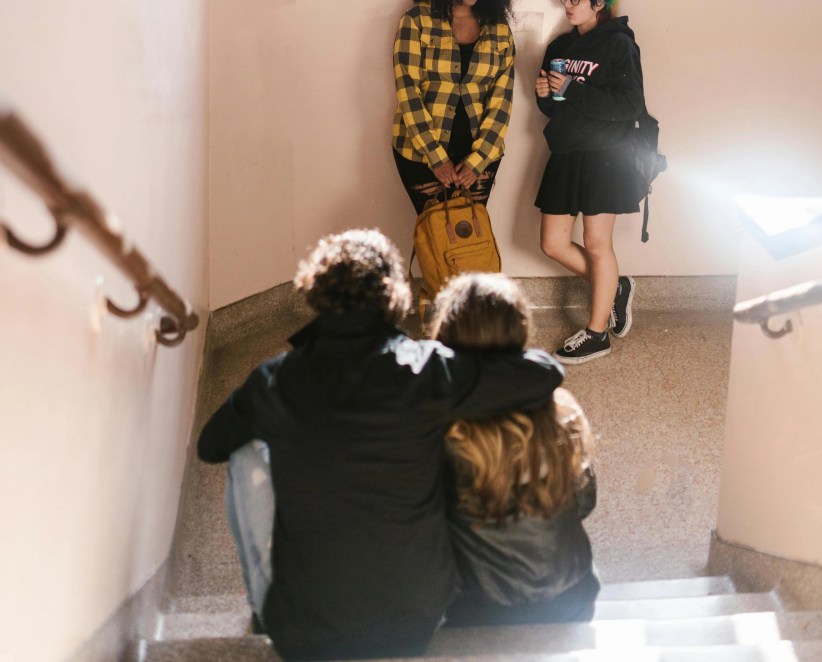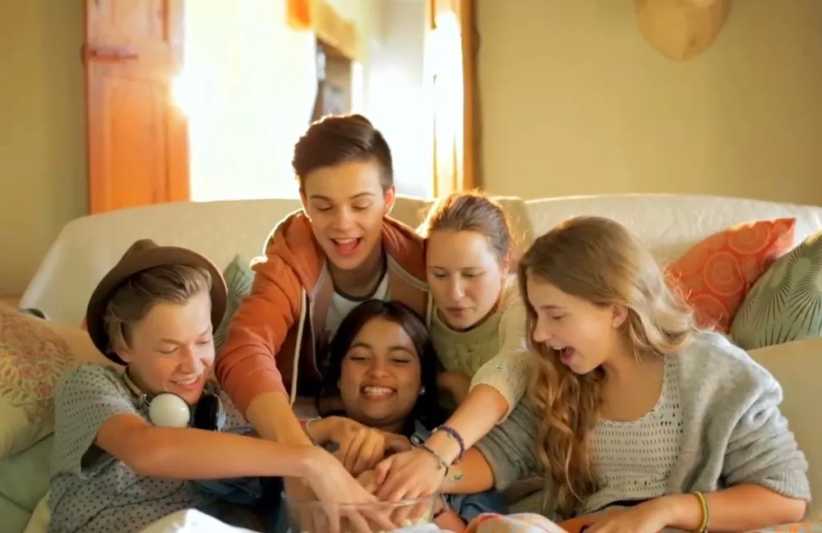
Could Your Teen Be in an Abusive Relationship?
Though many people think it may not happen to them and they will never be in an abusive relationship, the truth is that it is steadily happening across the board. Statistics on intimate partner violence are staggering. Odds are that you know someone who has been abused by their partner because, sadly, it’s common. Ten million people are abused by their partners each year in the United States alone, including teens who can easily find themselves stuck in an abusive relationship.
While both men and women experience intimate partner violence, it is more prevalent in women. 1 in 4 women and 1 in 7 men will experience physical violence by their intimate partner at some point in their life. Similarly, approximately, 1 in 3 women and nearly 1 in 6 men experience some form of sexual violence.
According to the United Nations, partner violence affects people of races, ethnicities, religions, sexual orientations, and socioeconomic and educational backgrounds. It also affects all age groups, including young people. When teens are involved in abusive relationships, it’s called teen dating violence.
Psst… Check out How Parents Can Help Teens Navigate Relationships
Partner Violence in Teens
Anyone who’s raised a teen knows that getting them to open up can be really tough, especially when it comes to their first loves. It’s hard for parents to spot the signs of trouble, and even teens themselves might not realize what’s going on since it can be so subtle. They might feel pressured to keep things quiet, too. Plus, teens are just figuring out relationships while trying to fit in and gain acceptance from their friends, so they might not notice the signs of partner violence at all.
At its core, partner violence is about power and control. The abuser might start off acting caring and jealous, but that’s just a way to maintain control. According to the CDC, 16 million women and 11 million men who faced intimate partner violence experienced it before turning 18, and about 1 in 5 high schoolers deal with dating violence.
What Partner Violence Looks Like in Teens
As a parent, it’s super important to realize that while physical violence can be easy to spot, any unwanted contact is still abuse and can escalate. Watch for things like pushing, slapping, throwing stuff, or breaking things. It could also be a partner who gets in your teen’s way while driving, holds them down, uses threats or weapons, blocks exits, or prevents them from calling for help.
Yet it’s not always apparent. Emotional abuse in teens can be subtle and hard to identify. This can be insults, constant criticism, and manipulation that can seriously harm your child’s self-esteem. You might notice controlling behaviors, like telling them who they can hang out with or how to dress, and it can escalate to jealousy, spying on their texts, and getting angry if they can’t reach them. Teens may also be pressured to send sexy pics and engage in sexting.
Gaslighting is another red flag and can make your teen doubt their feelings and memories. Your teen’s partner may give them the silent treatment, refuse to listen to them, tell them they are crazy, or that what happened didn’t happen. There can also be threats and rumors (particularly on social media)as well as guilt-tripping to make your teen feel trapped and dependent on the abuser.
Abusers also make it a point to isolate and intimidate. They may try to keep your teen from seeing friends and even family, going out without them, or making them feel guilty for wanting to do anything without them. Though guilt is a big controlling factor, intimidation is also huge. They may use threatening looks, yelling, threats of leaving or breaking up, reckless driving, threatening to call the police, or hurt family, friends, or pets.
Psst… Check out The 10 Best Journals for Teens or Young Adults
How Can Parents Can Help Their Teens
Ideally, the best way to know what’s going on with your teen is to keep communication open and talk about relationships before they get into one. Talk to your teen often about relationships. Chat about what a healthy partner looks like and what red flags to watch out for. Of course, it always helps to model healthy romantic relationships, too. If you have been in an abusive relationship, speak honestly about your experience.
If you suspect dating violence and your teen isn’t comfortable talking to you, suggest they see a therapist and consult one yourself to help you navigate it all. The important thing is to make sure your teen knows you’re there for them and will always have your support without judging or punishing them.
If you or someone you know is experiencing domestic abuse or teen partner dating violence, call National Domestic Violence Hotline at 1-800-799-SAFE (7233) or National Dating Abuse Helpline at 1-866-331-9474.














